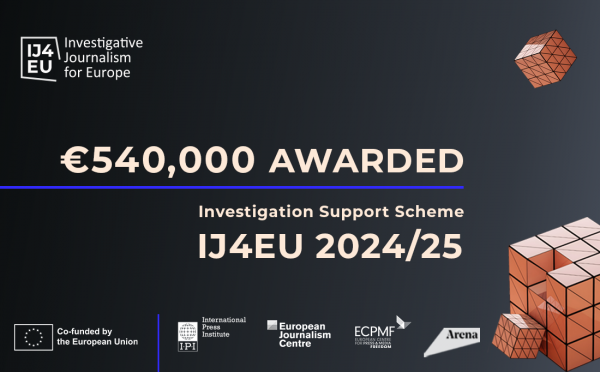Meeting at their Annual General Assembly on 13 September 2010 in Vienna, Austria, the IPI members unanimously expressed shock that 16 years after attaining democracy for all its population, South Africa’s government appears to be embarking on conduct which can result in the destruction of that newly won democracy.
Freedom House, a US-based group that monitors freedom in the countries of the world by measuring the state of media freedom and general freedom of expression, has downgraded South Africa from a “free” country to a “partly free” nation, a rating a step away from a rating of “not free” and therefore undemocratic.
Since that rating change in April this year, South Africa has introduced in Parliament a Protection of Information Bill that lays out how official secrets should be graded. It has also begun steps to introduce into law a proposal by the ruling African National Congress that a statutory media appeals tribunal should be set up for action against print media found transgressing ethical and professional standards, so far not defined. ANC spokesmen have referred to such punishments as imprisoning journalists and heavily fining newspapers.
IPI has expressed its disquiet to President Jacob Zuma over the bill that is framed in language that allows virtually any issue to be declared secret, allows a cabinet minister to declare material classified and also provides for the very existence of a classified document to remain a secret. It would be possible for someone coming into possession of a document not to know that it is classified. Penalties under this Bill range up to 25 years’ jail for possessing or disclosing the contents of classified documents.
IPI has also raised its concerns about the proposed media appeals tribunal which it believes will provide means to censor information and to punish journalists.
The Bar Council, Law Society, civil society organisations and business people as well as the World Association of Newspapers, international news agencies and the US ambassador have all voiced concerns over the legislation. Many of these authorities, including the lawyers, say they believe it to be unconstitutional.
IPI calls on South Africa to reconsider the legislation and potential damage it can do to the country as well as its standing in the world since the defeat of Apartheid. The Bill should be replaced by one that severely restricts the types of information that could be classified to the absolute minimum, so as not to encroach on the constitutional freedom of the media.


